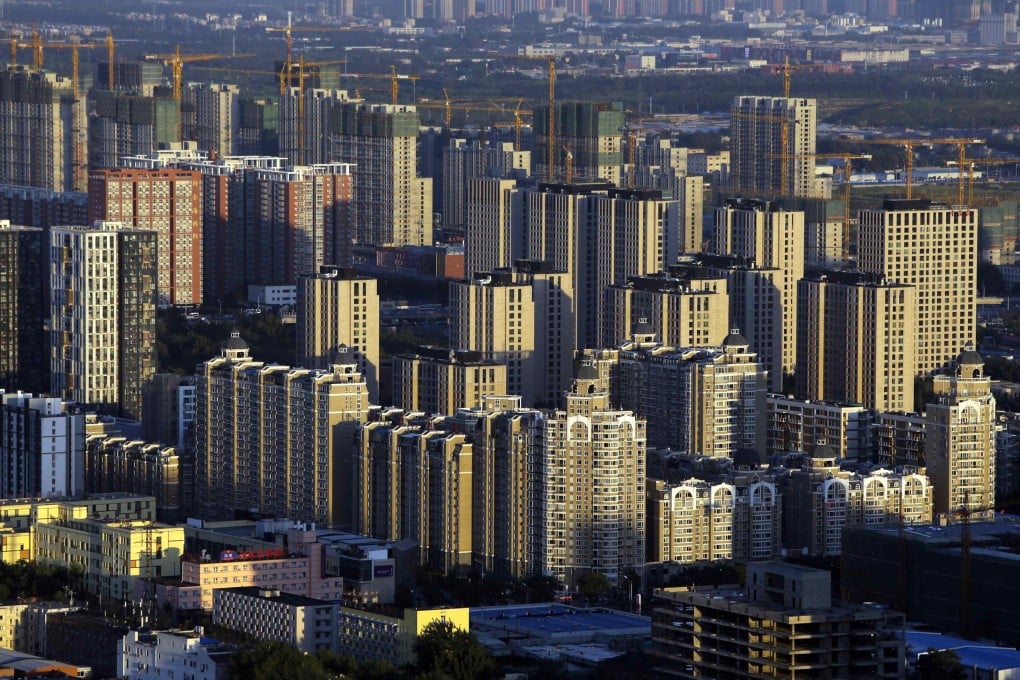
Chinese authorities have managed to take the air out of the country’s property bubble without causing a crash. Housing prices have fallen some 10 per cent from their peaks while incomes have continued to inflate. The result is that the average urban dweller need only devote 30 per cent of his monthly income to pay the mortgage for a decent sized flat, compared to 45 per cent at the peak.
This is very commendable. Now the question is – how long before the reflate?
Perhaps not this year, perhaps even not the next. But if China’s economy does not achieve the very difficult transition to a more balanced, consumption led economic model, then policymakers will be in a pinch.
And then they will do what many other economies’ custodians do in a pinch: turn to property as an uncomplicated, no-brainer driver of growth.
This is the strategy the UK returned to in 2013, when the Chancellor of the Exchequer started guaranteeing loans for qualifying homebuyers, thus reviving business for the financial and real estate sector.
The US also resorted to fanning the flames of a housing bubble after its internet bubble deflated. As we know that ended very badly; I am not saying this is a good strategy, just a tempting one.

